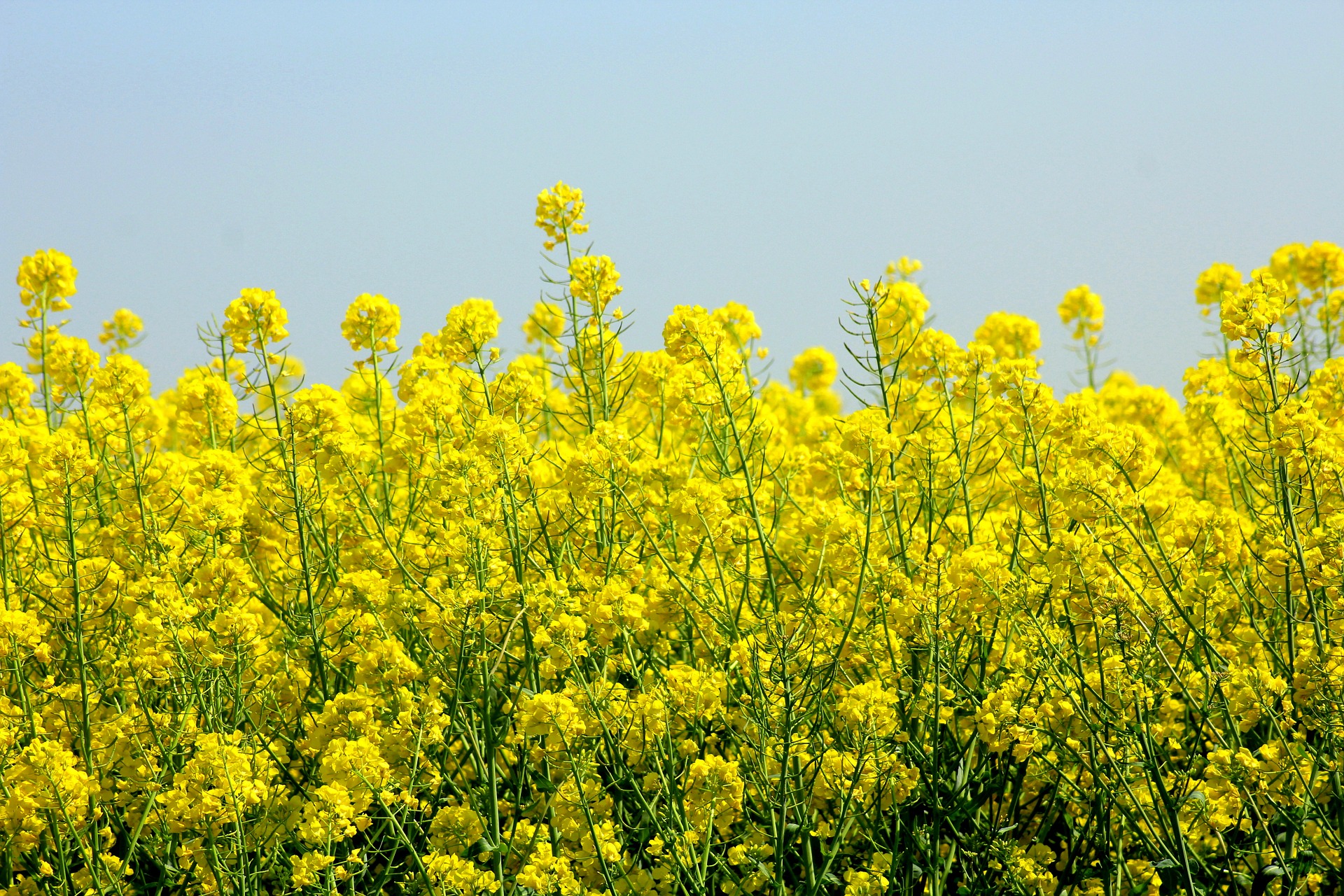BASF has found emergence issues with InVigor canola hybrids may have been caused by seed treatment and environmental factors.
After reports of emergence issues with InVigor canola hybrids in June this year across Western Canada, BASF has found through investigation that a seed treatment Vercoras and environmental factors may have contributed to the issues.
“We’ve noted that under certain environmental conditions, there’s select InVigor hybrids may demonstrate an unexpected, all be it short term, response to Vercoras seed treatment,” Brent Collins, head of seeds and traits for BASF Canada Agricultural Solutions, explains in a phone interview.
The most common symptoms noticed were necrosis of the cotyledons, slow initial plant establishment and reduced plant establishment or plant count, Collins explains. In June 2022 BASF issued a statement about reports of emergence issues stating they had created a dedicated team of cross functional scientists and agronomists to examine possible contributing factors.
“The situation was truly both unanticipated, as well as unusual actually. It really defied what we learned during our product development phase that was conducted over several years,” Collins says.
In July 2021 BASF announced it had received registration Pest Management Regulatory Agency for the seed treatment Vercoras. A news release at the time noted Vercoras protected against key seed and soil-borne diseases such blackleg, as well as baseline protection against flea beetles. It was first available for purchase on InVigor canola hybrids for the 2022 growing season.
Weather conditions were a contributing factor to the emergence issue with some areas experienced drier conditions, excess moisture, insect pressure, and frost in some instances during the spring, Collins says.
A limited number of growers experienced problems, with BASF noting emergence issues were reported in only commercial production fields.
Collins says they are running a number of greenhouse and field trials to better understand what happened. They’re still investigating and analyzing the data. He notes most fields which experienced issues reported recovery as the growing season went on.
“In combination with all of the other environmental components, we’re certainly looking at the seed treatment also. And that’ll be part of the analysis that we’re continuing to do is to try and pinpoint the contributing factors, because I believe that there are a number of factors that contributed to those select experiences we saw this year,” he explains.
To try and mitigate occurrence of this in the future, BASF has made the decision to use Helix Vibrance as a base seed treatment instead of Vercoras in Western Canada for the 2023 growing season. Collins notes Helix Vibrance has been used in the Canadian market for years.
There had been speculation amongst the Canadian seed industry that vigor caused the emergence issues. At the Canadian Seed Growers’ Association (CSGA) annual general meeting in July, a resolution was passed calling on the CSGA to work with Seeds Canada and other seed industry partners to make vigor testing a standardized seed test in Canada, and to see that a minimum standard for vigor is developed for major crop kinds.
Editorial Note: This piece originally appeared on our sister publication’s site, the Alberta Seed Guide.










